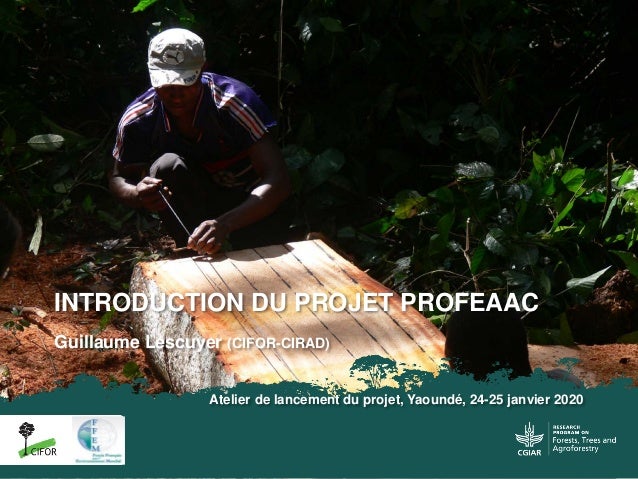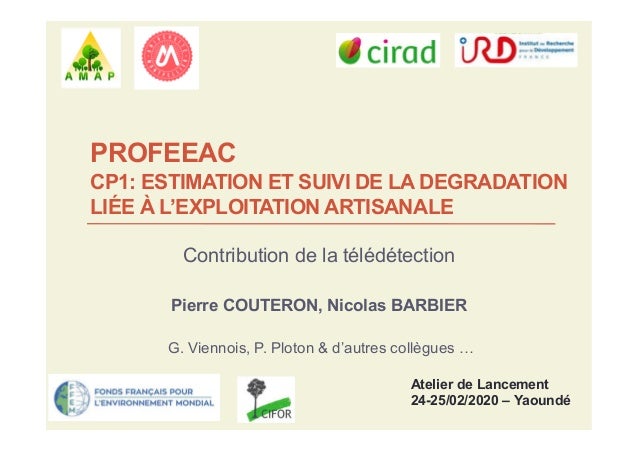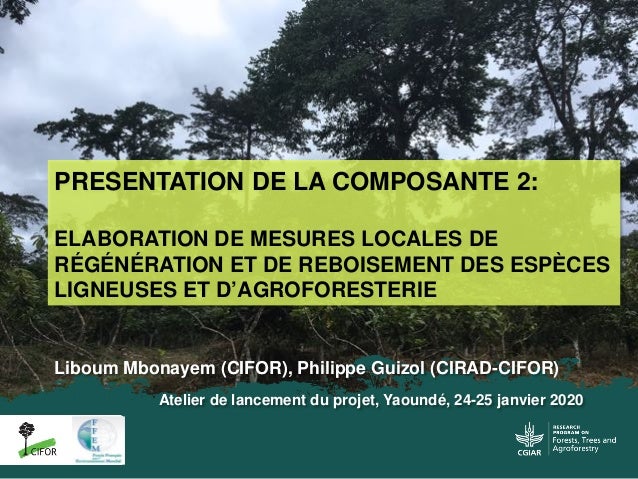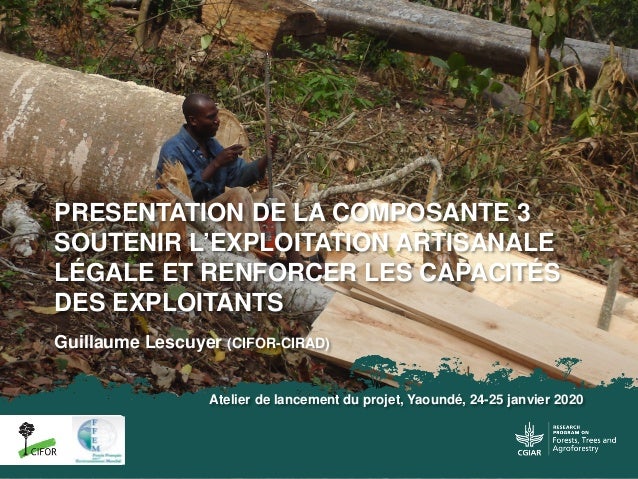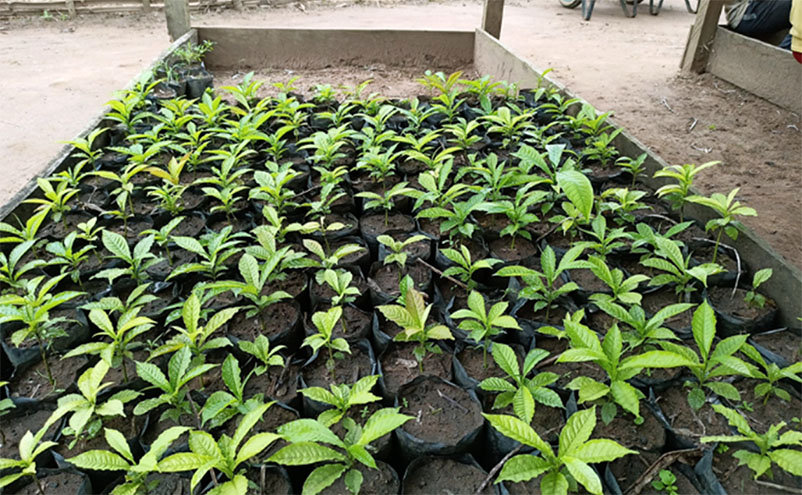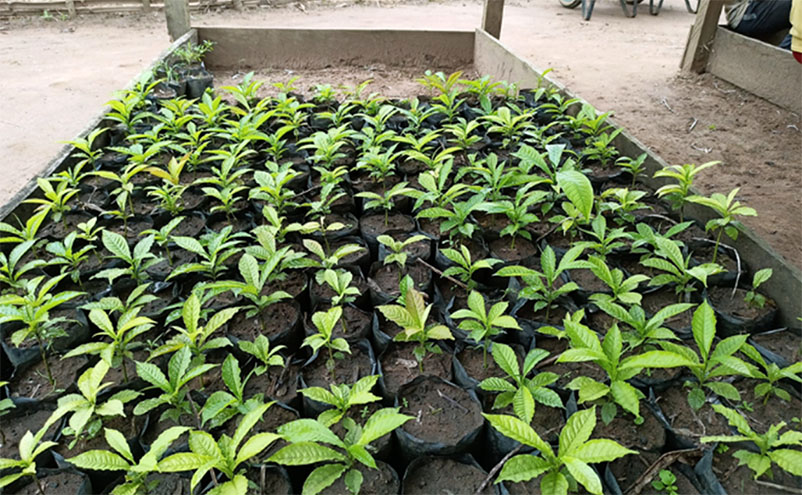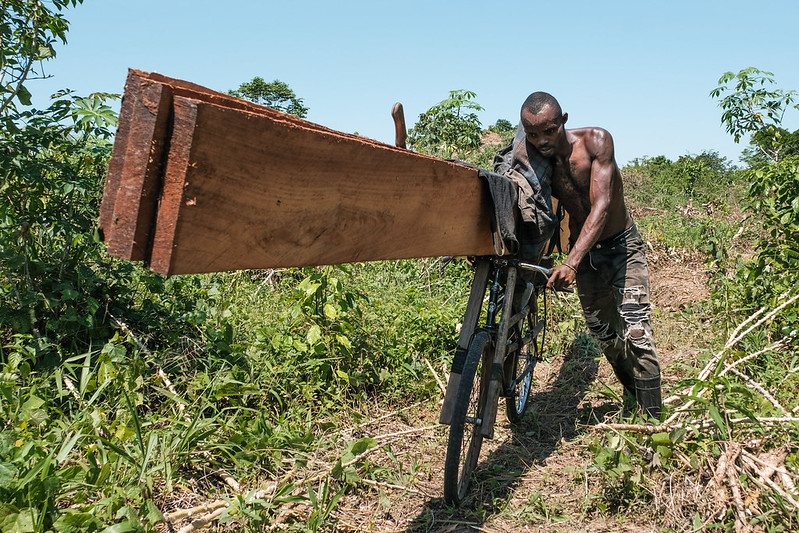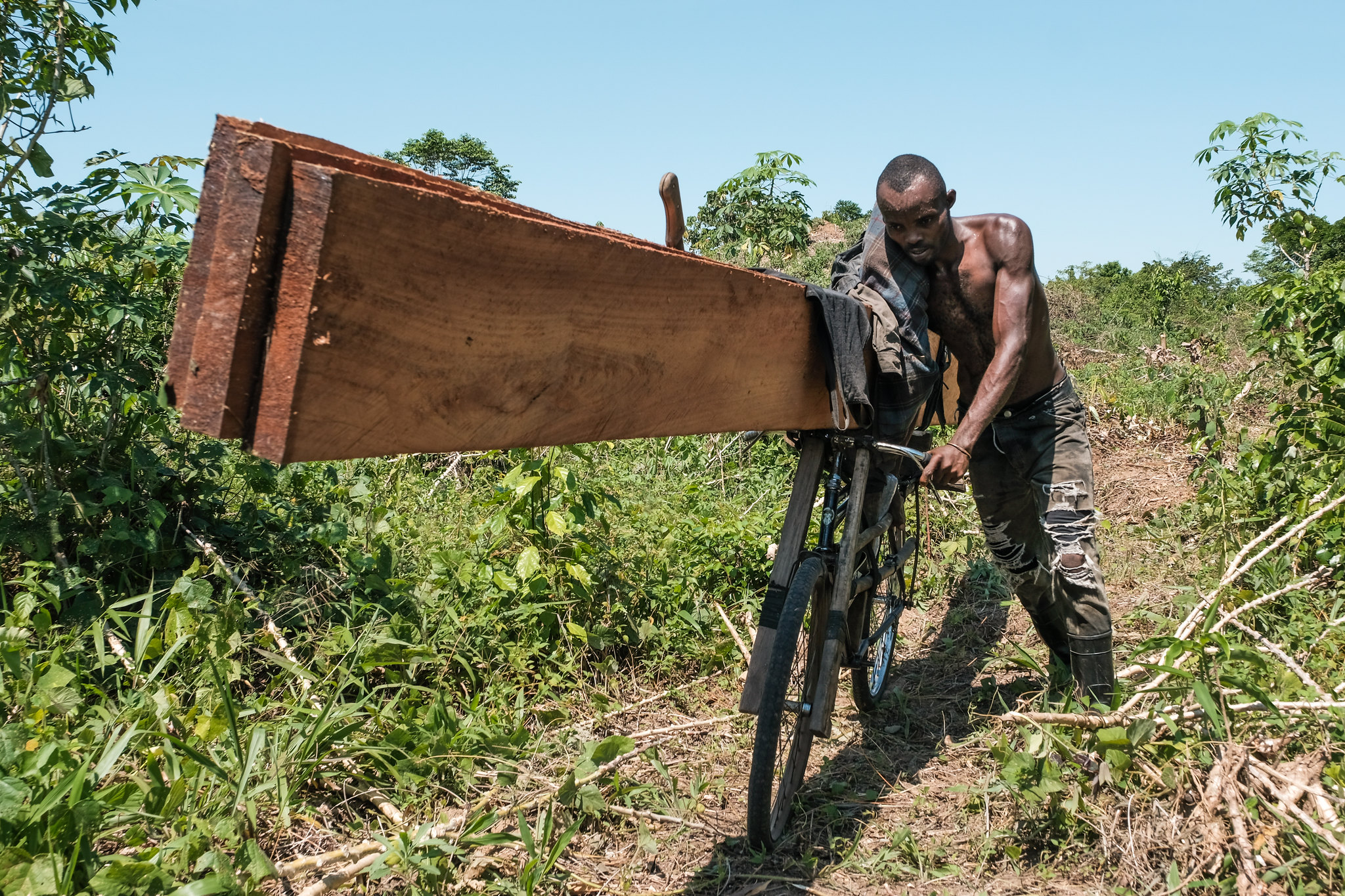Description
In Central African countries, the annual production of informal artisanal timber (around 1.7 million cubic meters) consumed in domestic markets or officially exported into bordering countries is more than the production of timber by the industrial sector. Despite its importance, attempts to better regulate artisanal logging are rare in Central Africa: the sustainable management of forests is generally sought through the model of industrial logging concessions. Despite its informality and the illicit charges suffered by operators, artisanal logging is a profitable activity for direct and indirect participants in the value chain in all countries studied. While several studies demonstrate the socioeconomic characteristics of the informal channels of artisanal logging, the environmental impacts of these activities are not known and very few measures are proposed to attenuate them. The current state and future development of artisanal logging weakens the implementation of actions to sustainably manage the forestry resources of Central African States. Already of a remarkable scale, artisanal logging is going to grow over coming years, pushed by development strategies, and built on the growth of towns and the increase of agricultural and mining production.
The general objective of the project is to reduce the degradation of rural forests in Central Africa by formalizing and rationalizing artisanal logging. A pilot experiment is conducted in Cameroon and the Democratic Republic of Congo.

























